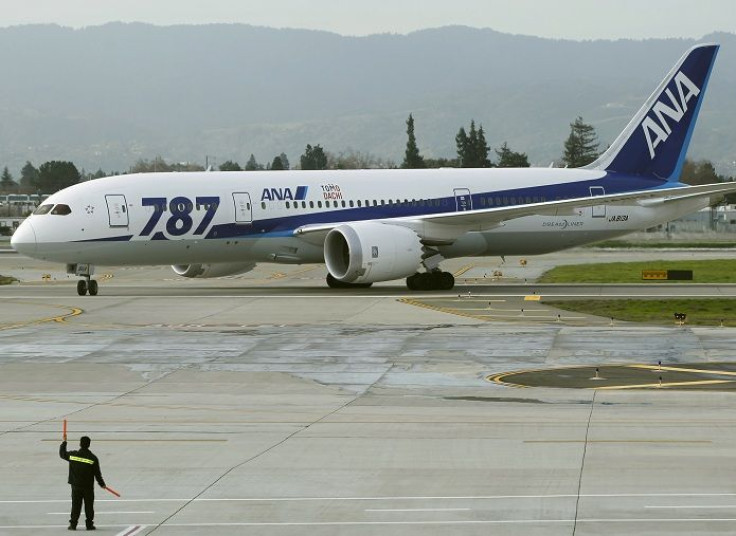787 Dreamliner Problems: How Boeing Plans to Fix Fire Risk Related To Lithium-Ion Batteries


The Boeing Company (NYSE: BA) is doing everything it can to get its Dreamliners off the ground and in the air again, following January's grounding of all Boeing 787s. The airplane manufacturer said in a statement late on Thursday that it had come up with a plan to fix problems relating to its problem-plagued lithium-ion battteries on the aircraft.
According to the Chicago-based company, it would encase the 787 jet's lithium-ion batteries in stainless steel cases and provide the power pack with extra insulation, spacers and heat-resistant sleeving to prevent overheating. The plan should get planes airborne "within weeks" upon approval from the U.S. aviation authority, the Federal Aviation Authority (FAA), according to Boeing.
During the briefing in Tokyo on Friday, Boeing also asked Japan's GS Yuasa, which makes the battery for the airplane, and France's Thales SA, which produces the battery system for the aircraft, to improve production standards to eliminate "variation" in battery cell production.
"Because we did not find the single root cause, we looked at everything that could impact a battery and set a broad set of solutions," Mike Sinnett, chief project engineer for the 787 program, told reporters in Tokyo.
The not-so-quick fix comes after all 50 of Boeing's storied Dreamliners were grounded after a battery fire on a Japan Airlines 787 at Logan airport in Boston and a second battery incident on an All Nippon Airways flight in Japan.
Improvement to the lithium-ion batteries on the 787 commercial jetliners, will allow operators to resume commercial flights with their 787s as soon as testing is complete and the FAA and other international regulators grant their final approval.
"As soon as our testing is complete and we obtain regulatory approvals, we will be positioned to help our customers implement these changes and begin the process of getting their 787s back in the air," Boeing Commercial Airplanes President and CEO Ray Conner said in a statement.
"Passengers can be assured that we have completed a thorough review of the battery system and made numerous improvements that we believe will make it a safer, more reliable battery system," he added.
Earlier this week the FAA approved Boeing's certification plan, which lays out the discrete testing to be done to demonstrate that the battery improvements address the conditions laid out in the Airworthiness Directive that has suspended 787 commercial operations.
While Boeing has said its proposed changes to the battery and its testing plans are a final fix, CNBC reports that grounding the 787 Dreamliner’s has cost about $50 million a week, adding up to $400 million in the past eight weeks.
© Copyright IBTimes 2024. All rights reserved.












